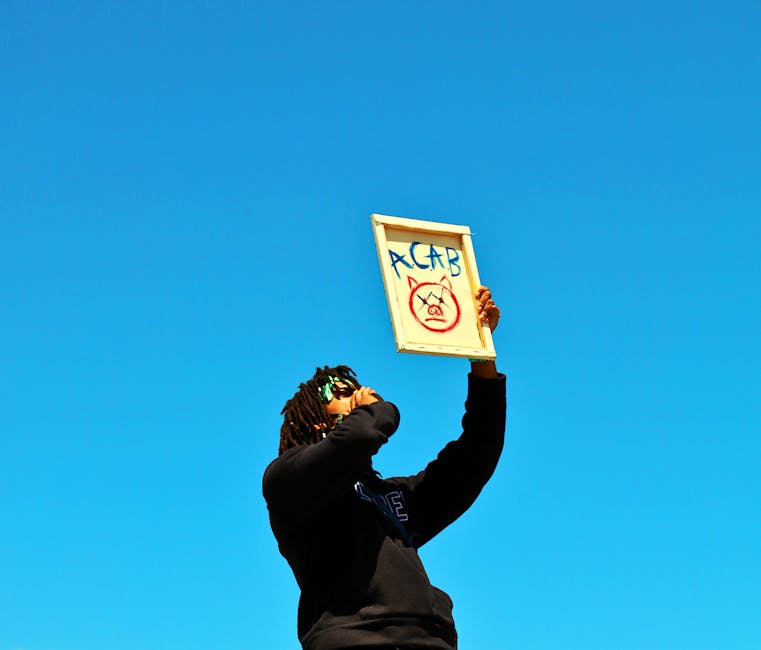[Disclaimer] This article is reconstructed based on information from external sources. Please verify the original source before referring to this content.
Neeews Summary
The following content was published online. A translated summary is presented below. See the source for details.
The establishment of a government bitcoin reserve by the Trump administration represents a significant shift in the U.S. government’s stance towards cryptocurrencies. This strategic move could have far-reaching implications, potentially allowing the government to benefit from the long-term appreciation of bitcoin, hedge against inflation, and manage its finances and debt obligations more effectively. While experts have welcomed this development as a validation of bitcoin’s legitimacy, some have also raised concerns about the potential risks associated with the government’s involvement in the cryptocurrency market.
The order requires a full accounting of the government’s existing bitcoin holdings, estimated to be around 200,000 bitcoins seized in criminal and civil proceedings. The U.S. government will not sell any of the bitcoins in the reserve, which will be held as a store of value, similar to a “digital Fort Knox.” The order also allows the Treasury and Commerce departments to develop strategies for acquiring additional bitcoins in a budget-neutral manner.
Trump, who was once a bitcoin skeptic, has now embraced digital currencies and has taken on the unofficial role of the “crypto president.” The establishment of a bitcoin reserve was one of his campaign promises, and he is also pushing for industry-friendly legislation and has seen the SEC drop some enforcement actions against major crypto companies.
Supporters of the strategic bitcoin reserve believe it could potentially help pay off the U.S. national debt in the future. The order is seen as a significant step in the mainstream acceptance of bitcoin, which has grown from an experiment by libertarian cryptography enthusiasts into an asset with a market cap of around $1.7 trillion.
Source: VOA Economy
Our Commentary
Background and Context
The U.S. government has historically been wary of cryptocurrencies, often citing concerns about their use in illicit activities and the potential risks to financial stability. However, the establishment of a government bitcoin reserve by the Trump administration represents a significant shift in the government’s stance towards digital currencies. This move comes amidst a broader trend of increased government and institutional involvement in the cryptocurrency space, with countries like El Salvador and Ukraine also taking steps to integrate bitcoin into their financial systems.
Expert Analysis
Experts in the cryptocurrency and finance sectors have welcomed this move, seeing it as a validation of bitcoin‘s legitimacy and a sign of its growing mainstream acceptance. However, some experts have raised concerns about the potential risks associated with the government’s involvement in the bitcoin market, such as the government’s ability to effectively manage and secure such a large holding of a highly volatile asset, as well as the potential for government interference in the cryptocurrency market, which could undermine the decentralized nature of bitcoin.
Additional Data and Fact Reinforcement
The order requires a full accounting of the government’s existing bitcoin holdings, which are estimated to be around 200,000 bitcoins seized in criminal and civil proceedings. The U.S. government has previously sold off around 195,000 bitcoins over the past decade, which would now be worth approximately $17 billion. The establishment of a bitcoin reserve is seen as a strategic move that could potentially help pay off the U.S. national debt in the future.
Related News
The Trump administration’s move to establish a government bitcoin reserve comes amidst a broader trend of increased government and institutional involvement in the cryptocurrency space. For example, several other countries, such as El Salvador and Ukraine, have also taken steps to integrate bitcoin into their financial systems. Additionally, major financial institutions, such as PayPal and Visa, have begun to offer cryptocurrency-related services, further driving mainstream adoption.
Summary
The establishment of a government bitcoin reserve by the Trump administration represents a significant shift in the U.S. government’s stance towards cryptocurrencies. This strategic move could have far-reaching implications, potentially allowing the government to benefit from the long-term appreciation of bitcoin, hedge against inflation, and manage its finances and debt obligations more effectively. While experts have welcomed this development as a validation of bitcoin‘s legitimacy, some have also raised concerns about the potential risks associated with the government’s involvement in the cryptocurrency market. As the adoption of digital currencies continues to grow, the U.S. government’s approach to this asset class will likely have a significant impact on its future development and mainstream acceptance.


